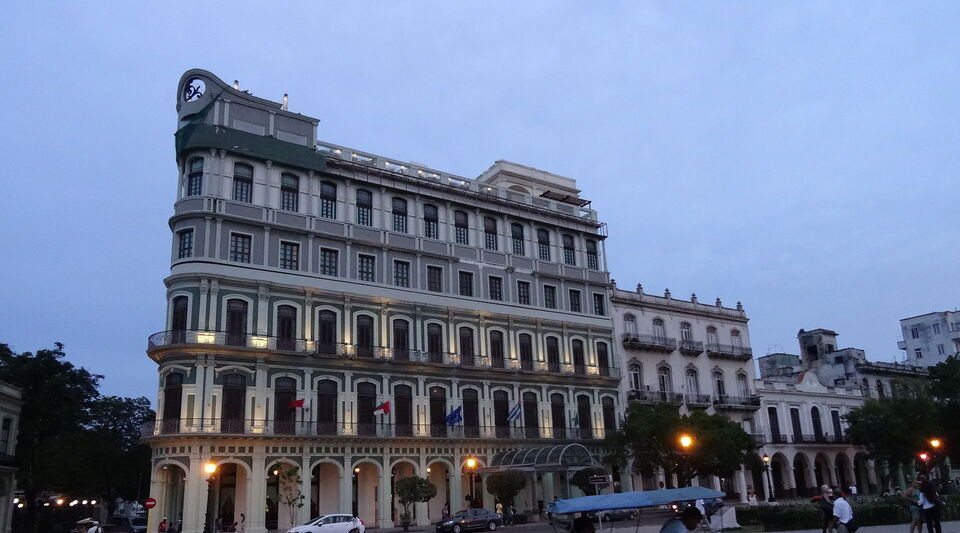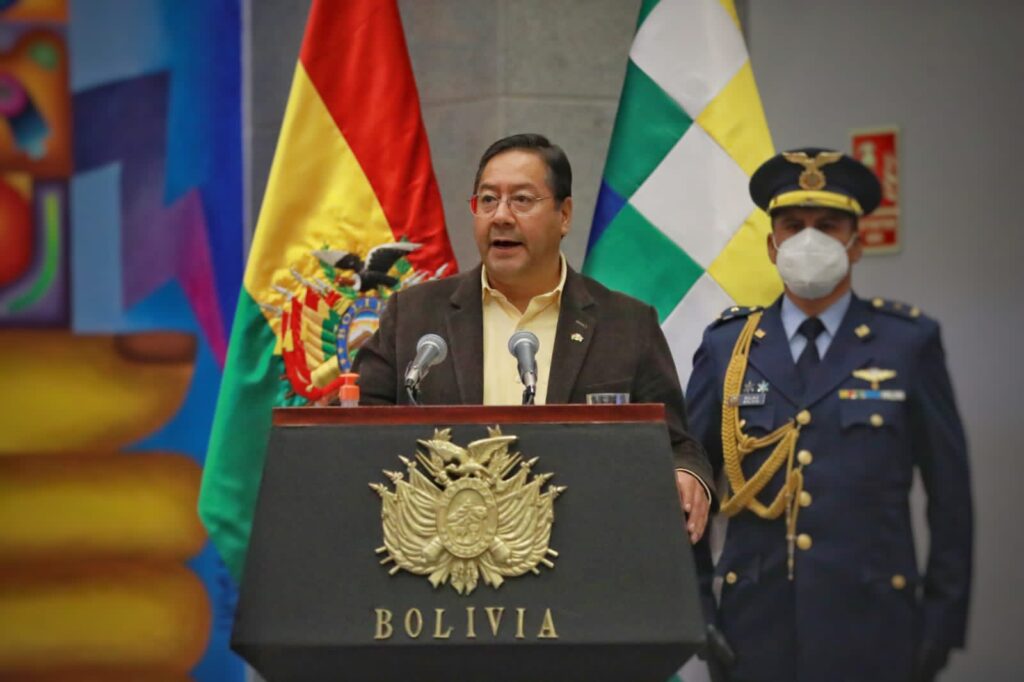With the luxurious Saratoga hotel ended last Friday an explosion that took the lives of at least 43 people and an emblematic building in Havana, built in 1880, although decadence had been installed within its walls for a long time.
Specifically, since 2016, when the establishment was taken away by the Ministry of the Armed Forces to Habaguanexa company dependent on the then almighty Office of the Historian of Havana, directed by Eusebio Leal, to hand over its management to the Gaviota group.
The successful tourist and commercial premises of the historian then passed into the hands of the military of the Business Administration Group of the Revolutionary Armed Forces (Gaesa), led by Raúl Castro’s former son-in-law, General Luis Alberto Rodríguez López-Calleja.
“The ‘gavioteros’ were destroying the Saratoga,” says a former employee who prefers to keep his name, still dismayed by the sinister
“The seagulls they were destroying the Saratoga,” says a former employee who prefers to keep his name, still dismayed by the incident. The man, about 40 years old, stopped working there two years ago and never wanted to return. “Everything had declined and they did not care any”.
Far away was 2005, when the Saratoga, which had functioned as a hotel on the corner of Prado and Dragones since 1933 and slowly deteriorated after the triumph of the Revolution, was reopened in style as a modern five-star establishment. The work was possible under the auspices of the Office of the Historian and with the contribution of foreign investors.
One of them, who prefers to remain anonymous, tells 14ymedio that the figure they put for the rehabilitation of Saratoga, as part of Eusebio Leal’s ambitious plan to recover the oldest part of the capital, was fifteen million dollars.
“An English promoter group dedicated itself to looking for investors in several European countries, including Spain,” he explains, referring to Coral Capital, founded by the Anglo-Argentinean of Lebanese origin Amado Fakhre. “Here we liked the project because we always believed, and continue to believe, in the future of Cuba, and we never thought that the current government would last as long as it is,” he justifies.
According to the investor, everything changed when the project was transferred to Gaviota. “It all went downhill,” he reiterates, although he explains that investors realized that the promoters led by Fakhre did not have much experience in the hotel business either. “Despite the fact that they tried agreements with international chains, they did not succeed, and in general their management regarding the negotiation with Gaviota was disastrous.”
The case of Fakhre and his partner at Coral Capital, Stephen Purvis, shows that doing business with the Cuban military is being the frog that takes the scorpion to the other shore in the story
The case of Fakhre and his partner at Coral Capital, Stephen Purvis, shows that doing business with the Cuban military it is being the frog that carries the scorpion to the other shore in the folk tale. Both were arrested, the first in 2011 and the second the following year, accused of paying bribes. They were in jail until after their trial, held in 2013, in which they were found guilty of “misdemeanor corruption” and released.
However, some media reports that Fakhre was forced to sign a document in which he confessed to having been detained for “revealing state secrets”, and that he spent 20 months under interrogation by the political police in a safe house in La Havana.
According to a report published by Vice in 2016, his company had invested in the Saratoga a total of 28 million dollars.
Even with Fidel Castro in power, those were the times when Eusebio Leal’s star was shining, and it would take time to fade. Still in 2009, an appreciative note in the official press pondered that Habaguanex, created in 1994, had no less than 300 tourist facilities, including restaurants, shops, markets, cafeterias and accommodation, totaling 546 rooms, and that all of this responded to a “sustainable” development objective, whose income was directed “both to the rescue of the buildings that make up the Historic Center and to different social purposes”.
“In the House Museums, a rich breakfast was given to the elderly in the morning, as a cultural offer, and it was never a mediocre cultural offer,” confirms a dancer who collaborated in the Office of Humanitarian Affairs, also dependent on the Office of the Historian .
“The Historian’s Office was a country within a country. They were powerful, but they did their things well”
She explains: “Everything was fine-tuned with collaboration agreements and donations from outside the country, in addition to the income that Habaguanex had as a company, from all the stores in hard currency, from the hotels.”
“Not just anyone worked with them,” says this artist, who defends the managerial talent of Eusebio Leal, deceased of cancer on July 31, 2020. “The Historian’s Office was a country within another country. They were powerful, but they did their things well. I worked there for many years and I know the work that was done.”
“In the end they audited them and took everything away from them,” he says, alluding to the moment when the Armed Forces took control of the juiciest of Habaguanex.
The Saratoga Hotel languished under Gaviota after the departure of foreign investors. Other former employees report the deterioration of working conditions and the loss of monetary incentives that foreign administrators tend to give, informally, above salary, to their subordinates.
“First they took away the art from the Saratoga, but before they took away the art, they had taken away the class,” says another former employee, who recounts that “while it had a foreign owner and part of Habaguanex, the Anacaona restaurant, located in the ground floor of the hotel, it was always full on December 24. Already with Gaviota, it was not even the shadow of what it was”.
Gaviota, also owner of the luxurious Gran Hotel Manzana -managed by Kempinski-, manages about 60 hotels and villas throughout the island with about 30,000 rooms, most of them managed by foreign companies.
It is precisely those with foreign management that enjoy the best reputation among clients, while the hotels in the exclusive hands of the military conglomerate have not earned the same appreciation.
________________________
Collaborate with our work:
The team of 14ymedio is committed to doing serious journalism that reflects the reality of deep Cuba. Thank you for joining us on this long road. We invite you to continue supporting us, but this time becoming a member of our journal. Together we can continue transforming journalism in Cuba.

















